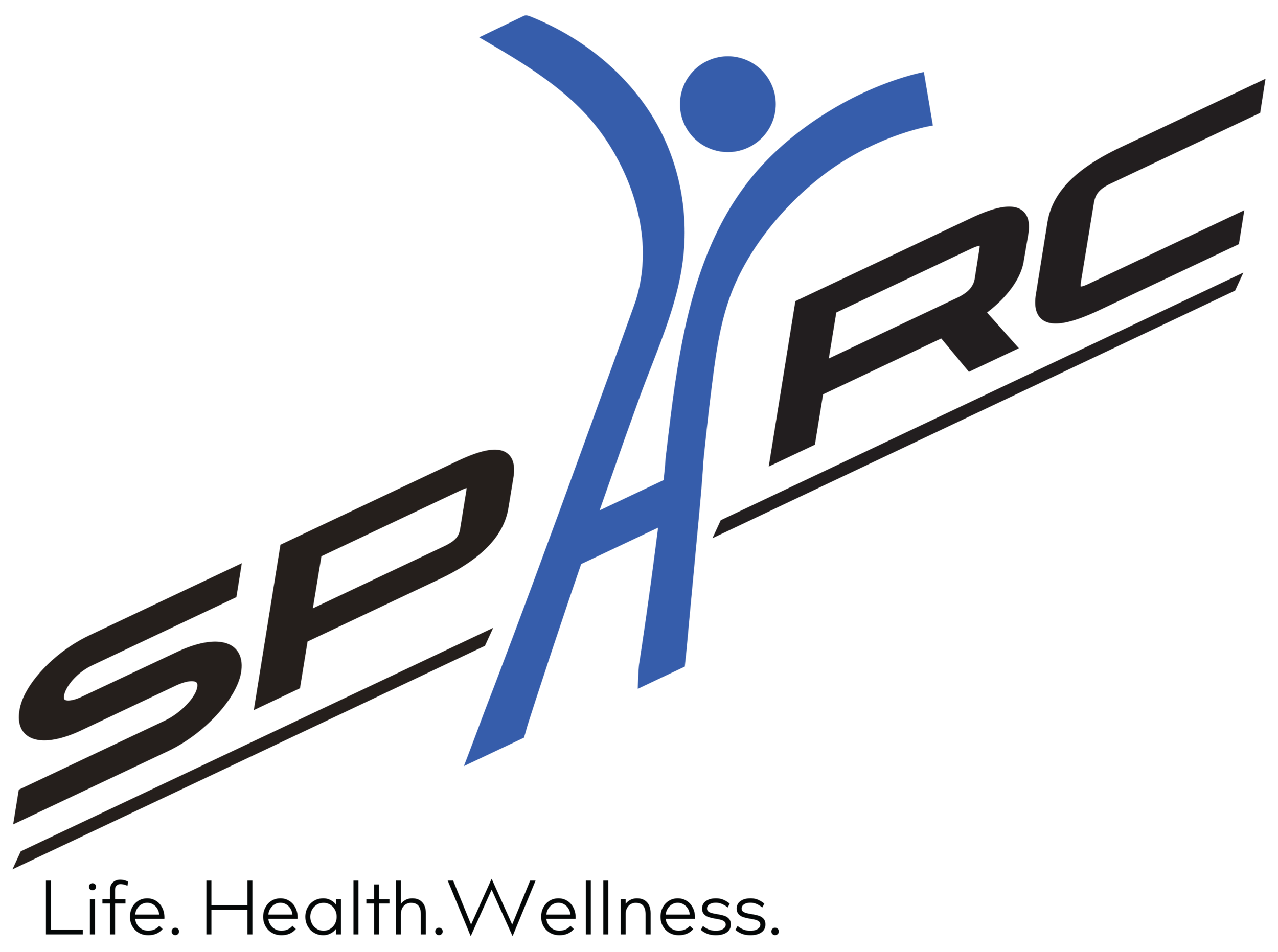How Your Breathing Might Be Hurting You
Keeping you safe is your brain’s number one mission. After all, you can’t do much else if you’re not alive. Thus, your brain will do anything it feels is necessary to keep you walking on two limbs. Quite ingeniously, your body has the ability to adapt very rapidly to the environment by using muscles in different ways. Compensation patterns help us function in challenging circumstances. However, if our body is constantly using a compensation pattern then dysfunction will follow.
One of the most universal “cheats” that humans use for stability is to hold the breath. Why? Holding the breath gives us the sensation of being “engaged”. The primary muscle of respiration is our diaphragm. It sits under our lungs and when we take a deep breath in, it expands downwards creating a vacuum that sucks in air. Importantly, the diaphragm is very close to our other core muscles. When our core is weak and not able to stabilize our spine effectively, the brain will often contract the diaphragm as an attempt to get more core stability.
Sure, certain athletes like competitive powerlifters may use this compensation pattern at times to lift more weight. However, as I mentioned before, the body will naturally use compensation patterns at times. The problem is when the body continuously uses the same bad pattern over and over again. This creates dysfunction and oftentimes injury and pain.
People hold their breath all the time especially when they are stressed, driving in traffic, sitting with bad posture, exercising or pretty much any other activity. Respiratory muscles become overworked and the deep core muscles do not function properly. Back and neck pain are natural outcomes.
How do you avoid this? Spend more time practicing breathing. Yes, we breathe all the time, but how often do you mindfully focus on it? Focus on breathing with your whole abdomen and chest. Take slow and controlled breaths. You might just see your stress levels decrease as well. Apply these breathing techniques to all of your activities. Remember, when doing any physical activity or workout, if you can’t breathe in the position you’re in, then you truly do not own that position. Breath holding means your body is seeking stability because it’s not getting it from your core.
Enjoy the power of the breath!
Bonus Challenge: When performing a core workout, see if you can still diaphragmatically breathe even though the core muscles are being worked simultaneously.
